“When we shine a light on a natural disaster like the earthquake in Haiti, we not only stimulate the interest of millions of people in helping, but we also make the case for fixing what is broken.” Rick Stengle, Editor of TIME. (Time Magazine, 21 January, 2010)
 Can that light illuminate ‘the shadows of unfashionable crises’ in Kapila’s statement? When media places that spotlight on suffering, does it stimulate interest in a world which is otherwise uninterested and make the case for ‘fixing what is broken’? “In the case of the tragedy of Haiti,” Stengle continues, “there is a positive correlation between what the media are doing and the desire to help…”
Can that light illuminate ‘the shadows of unfashionable crises’ in Kapila’s statement? When media places that spotlight on suffering, does it stimulate interest in a world which is otherwise uninterested and make the case for ‘fixing what is broken’? “In the case of the tragedy of Haiti,” Stengle continues, “there is a positive correlation between what the media are doing and the desire to help…”
Few would question either of the above statements. The difficulty is that ‘what is broken’ cannot be fixed in the short time that a tragedy stays in the media spotlight and, once the focus of the cameras is turned elsewhere, the world’s interest tends to turn with it. Yet, for the affected populations, recovery is likely to take years or even decades.
So which sectors, are responsible for those ‘consigned to the shadows of unfashionable crises and disasters’? And, of them, what role does media play?
• GOVERNMENTS: Some say governments are not driven by media, but by political, economic, cultural, historic and geographic constraints. Others, like Boutros Boutros Ghali, go as far as describing CNN as the 16th member of the Security Council, claiming governments did not act unless media motivated them.
• NGOs & IGOs: Many non government or inter government organisations claim media to be crucial to the empowering they receive from their community, though others, particularly academics, dispute this.
• PRIVATE SECTOR: In the past, government giving far outstripped private giving, but these days private sector giving is approaching parity. Media is the most direct way the members of the private sector get their information.
• MEDIA: The topic at hand.
A number of excellent initiatives explore or quantify current and forgotten disasters. For example:
• ECHO offers a ‘forgotten crisis assessment’. (http://ec.europa.eu/echo/)
• IRIN regularly offers stories on forgotten disasters. (www.irinnews.org)
• MSF lists ‘Underreported Humanitarian Stories’. (www.doctorswithoutborders.org)
• ReliefWeb offers continuous information on disaster situations. (www.reliefweb.int)
• IBT (International Broadcasting Trust) addresses the issue on behalf of its charity coalition. (www.ibt.org.uk)
• A site like Reuter’s AlertNet tracks media coverage of disasters. It permits a user to select disaster coverage according to one’s interests, as well as providing tools to support those who want to report on forgotten disasters.(www.alertnet.org)
The Red Cross has tracked humanitarian response against need assessed:
Their chart shows that the tsunami received almost 5 times more than requested, per head, while other disasters such as those in Niger and Malawi, received only 1/3 of that needed.
Can one, though, actually map the disparate nature of response and reporting? Our researchers at Global Hand did just that and we were caught by surprise in the way they mirrored one another:
A close pattern emerged, mapping the UK’s fundraising body – the DEC – and press coverage:
So, even though it would be naïve to call media the silver bullet, there is no shirking from the fact that a connection exists. Additionally, in so far as that is true, should we ask whether we can raise the bar in some way, regarding those who are forgotten?
Raising the bar would mean, though, resolving issues on which people are divided. That is not easy. The issues are considerable.
• HUMANITARIAN PRESS OFFERINGS: FLUFF OR SUBSTANCE?
Some say humanitarian press releases lack editorial substance: often just a thin veneer over fund-raising copy. Others say that can be addressed with training and dialogue.
• FORGOTTEN DISASTER COVERAGE: COMPELLING JOURNALISM OR DOOM AND GLOOM?
Some say humanitarians lack media understanding: one can’t maintain ratings with ‘doom and gloom’ material. Others say this caricatures disaster coverage and material can be found compelling enough for ratings to be maintained.
• CELEBRITY HUMANITARIANISM: HELP OR HINDRANCE?
Some see celebrity humanitarianism as a hindrance: presenting a shallow, at times inaccurate, representation of complex humanitarian issues. Others believe it has value, nonetheless, because it does indeed make the story press worthy. If, say, Angelina Jolie or Bono turn up in little known locations, that, in turn, raises profile and helps drive global response.
• REPORTING CAPACITY: INTERNATIONAL/ LOCAL
Some say this can’t be asked of international press since, these days, fewer retain regional offices. Others say that, rather than parachuting international journalists in to a location, national journalists should be empowered to report.
• COMMUNITY JOURNALISM: BALANCED OR BIASED?
Some suggest that greater use should also be made of blogs and video sharing. Others say community reporting may prevent a balanced picture and mainstream journalism is still essential in this context.
• AGENDAS: INSUPERABLE OR INSEPARABLE?
Some argue that the humanitarian sector and the media have differing agendas and audiences. It is not the media’s job to give voice to the millions who have no voice on the world stage. Others respond by saying that, though their agendas are not the same in entirety, there is significant overlap. The fact, they say, that millions of human beings are battling for survival is not only worthy of humanitarian interest but, arguably, of news interest as well. The audiences of the two, they add, may not be dissimilar as both sectors clamour for the attention of the public at large.
• HIERARCHY OF DISASTER: RANDOM OR REASON?
Some complain that there is an odd peculiarity to the hierarchy of disaster coverage, governed by a set of somewhat arbitrary factors with no ‘obvious’ pattern. They ask whether the process should not be less random? Do we owe our fellow human beings a measure of accountability? Others counter that there is no appropriate strategy for setting a hierarchy in place.
• EDITORIAL INDEPENDENCE: SACROSANCT OR INDULGENT?
Some argue that calling upon the media to report on forgotten disasters constitutes a violation of editorial independence. Others say there is a moral imperative at work here and that even editorial independence should not operate in a moral vacuum when millions of lives are at stake. Freedom to report does not constitute freedom from responsibility.
• ACCOUNTABILITY: LIBERATING OR CONSTRICTING?
Some say that even if journalists want to get such stories told, they would not be permitted by their editors. Others say that, if MSR were in place, editors would be obligated to make supporting resource available.
• RESOURCING OPTIONS: MORAL IMPERATIVE OR MORAL CONCERN?
Some suggest that a solution might be found if a humanitarian fund were set in place to cover the costs of press coverage. Others argue that the very act of providing money for journalistic endeavour could be a moral compromise, per se.
• FOURTH ESTATE: EDITORIAL INDEPENDENCE/OBLIGATION
Some cite the Fourth Estate, alluding to William Burke who, in an 18th century sitting of parliament, acknowledged the governing personnel of his day, the three ‘estates’, and then gestured to the press gallery, saying “There sits the Fourth Estate… more powerful than us all.” With that power comes responsibility, they say, to the millions who suffer unseen. Others say that would violate editorial independence.
• GLOBAL COVERAGE: NICETY OR NECESSITY?
Some conclude that, while greater coverage of human beings in forgotten scenarios is a nice-to-have, it is simply not going to happen: that we are not, as the saying has it, our brothers’ keepers. Others say we, as human beings, have a responsibility that millions not be left unseen or unheard and they call for Media Social Responsibility.
• MSR/CSR
Some say that implementing MSR would make it hard to keep ratings high and to ensure profitability. Others argue that this is analogous to the manufacturing sector, a decade ago, when it resisted calls for global responsibility, objecting to, say, environmental accountability and telling others not to interfere. They too cited profitability as the issue but, with compliance now the norm, businesses have found a way to exercise responsibility and stay profitable.
MEDIA SOCIAL RESPONSIBILITY – IS IT TIME?
Is it, then, time to raise the bar? Should we, as some suggest, be considering Media Social Responsibility? Imagine major networks preparing annual reports, they say, and including a section in which they account for the way they exercised their global responsibility by putting forgotten people on the world stage.
Whether Media Social Responsibility is worth considering, or even a vehicle for discussion, is yet to be seen. Global Hand has opened discussion about the possibility of a conference with Reuters, CNN, the UK Media CSR group, Media 21 and the United Nations. The goal would be to gather journalists, editorial staff and even heads of industry, together with senior humanitarian actors. We welcome response from interested parties.
This article began with Kapila’s haunting words: “… millions remain consigned to the shadows of unfashionable crises and disasters. For them, every day is a lottery to live or die…”
Global Hand has joined its voice with those who believe, in light of that reality, we need to keep this discussion going until answers are found
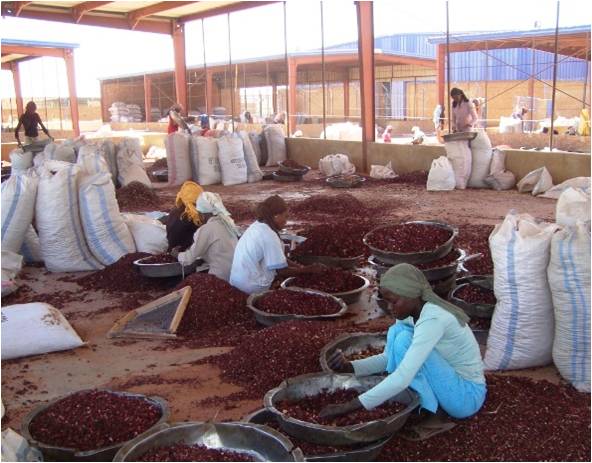 It was a situation calling out for a Fair Trade overhaul.
It was a situation calling out for a Fair Trade overhaul.
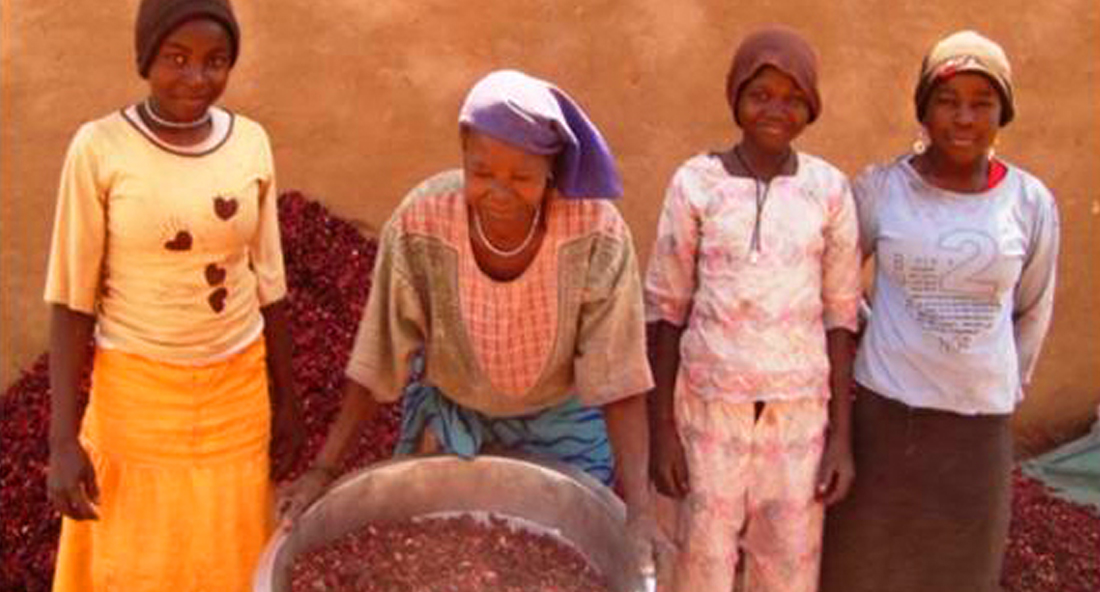
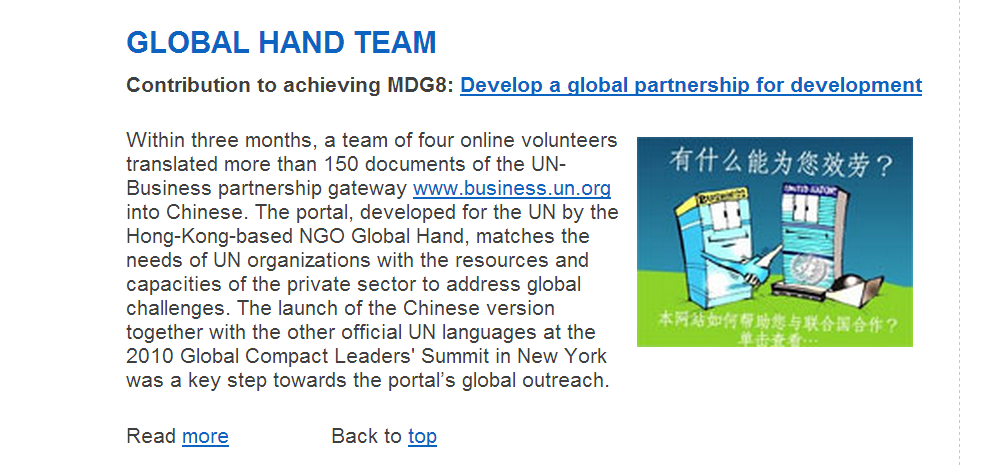

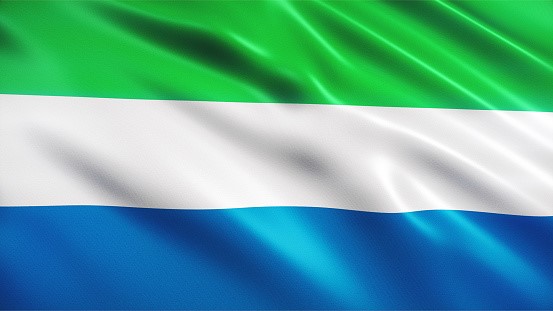
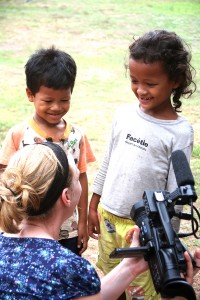 Can that light illuminate ‘the shadows of unfashionable crises’ in Kapila’s statement? When media places that spotlight on suffering, does it stimulate interest in a world which is otherwise uninterested and make the case for ‘fixing what is broken’? “In the case of the tragedy of Haiti,” Stengle continues, “there is a positive correlation between what the media are doing and the desire to help…”
Can that light illuminate ‘the shadows of unfashionable crises’ in Kapila’s statement? When media places that spotlight on suffering, does it stimulate interest in a world which is otherwise uninterested and make the case for ‘fixing what is broken’? “In the case of the tragedy of Haiti,” Stengle continues, “there is a positive correlation between what the media are doing and the desire to help…”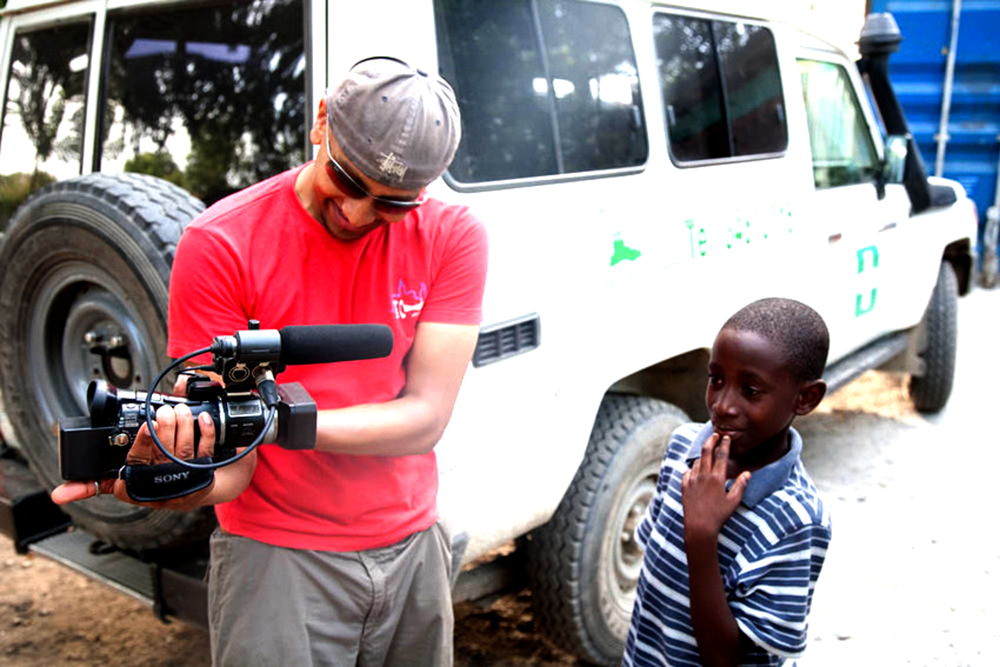
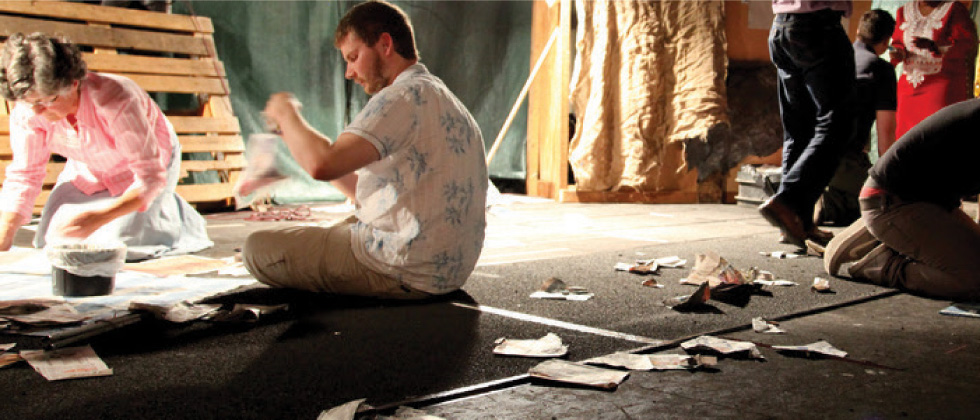
 One hot spot is Romania where many are offered tempting ‘jobs’ in other countries only to find, upon arrival, they have been sold into the sex trade or other ‘forced labour’.
One hot spot is Romania where many are offered tempting ‘jobs’ in other countries only to find, upon arrival, they have been sold into the sex trade or other ‘forced labour’.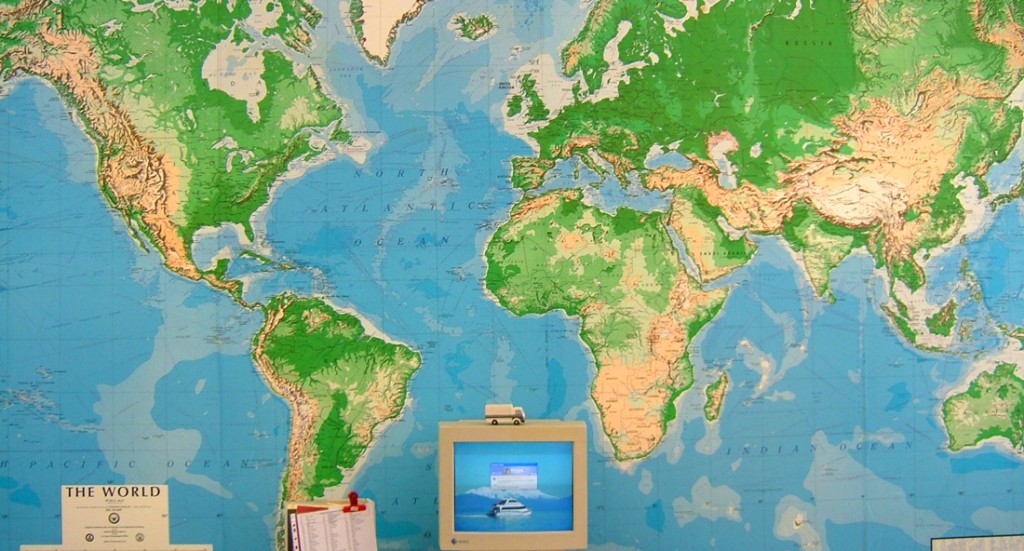
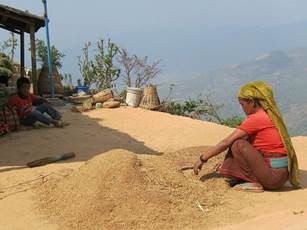 When Anu’s family fell on hard times, they were forced to pull her out of school. It was a harsh blow for this Nepalese village family, who knew the young girl had huge potential, but they simply couldn’t afford to pay her fees.
When Anu’s family fell on hard times, they were forced to pull her out of school. It was a harsh blow for this Nepalese village family, who knew the young girl had huge potential, but they simply couldn’t afford to pay her fees.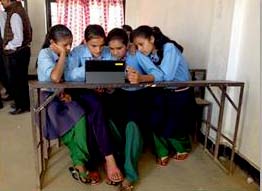 The partnership with Microsoft was born when they organised
The partnership with Microsoft was born when they organised

